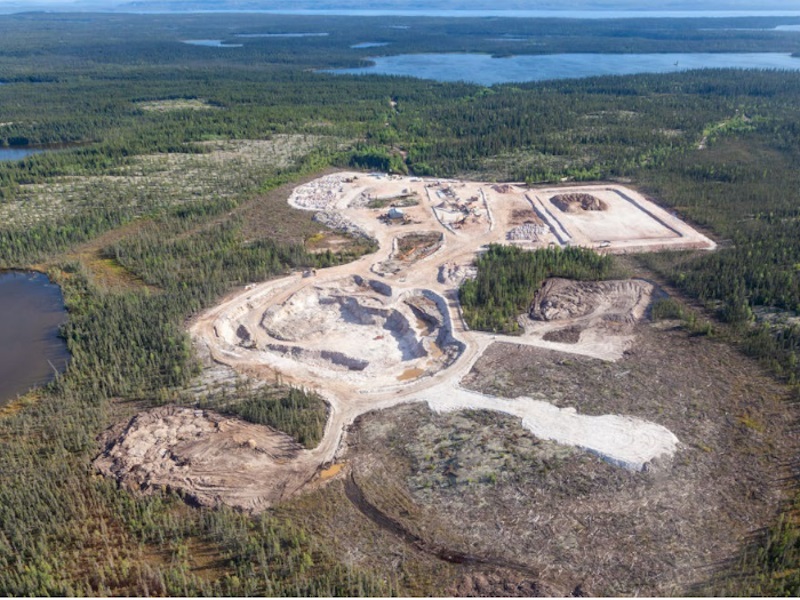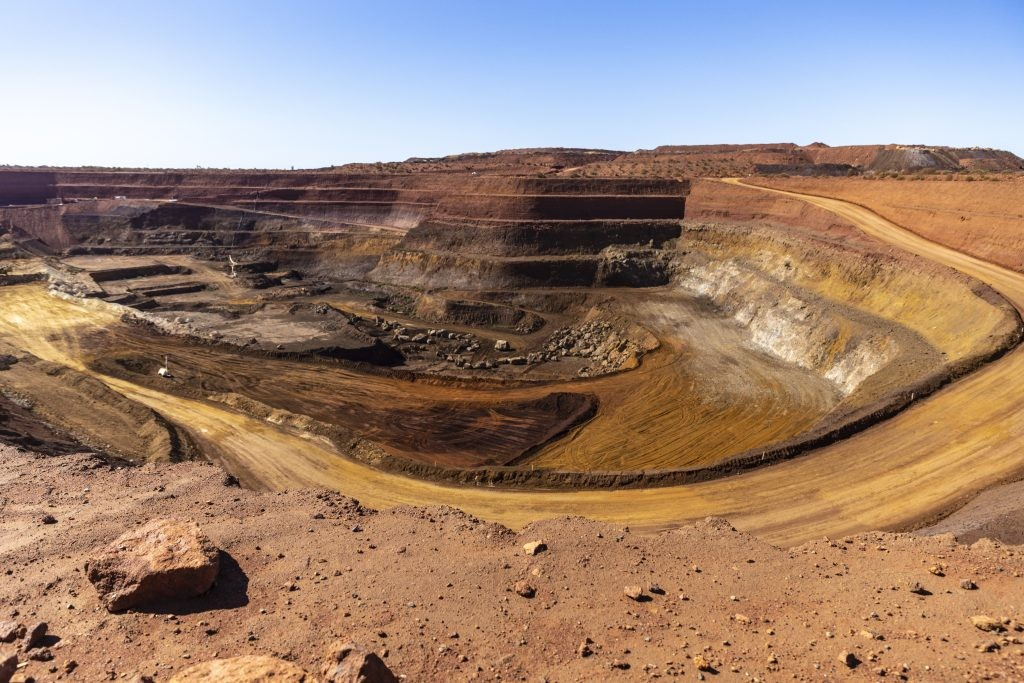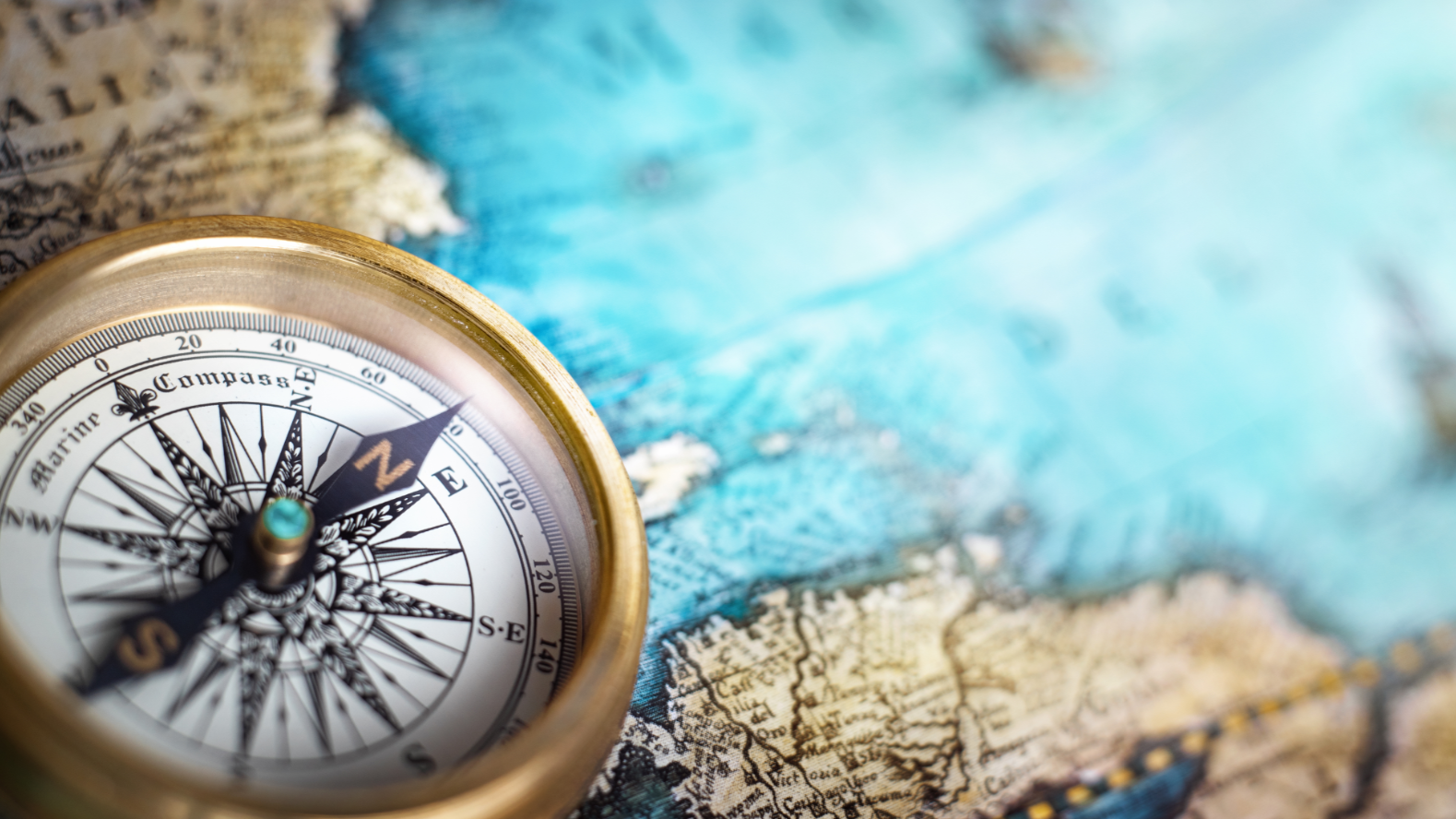The document starts by acknowledging the exacerbated impact of climate change and the dangerous decline of biodiversity affecting the global ocean and sets the EU’s commitment to “protect the seabed by prohibiting deep-sea mining, which destroys the seabed, and regulating, where necessary, the use of fishing gear that are most harmful to biodiversity.”
The new agenda is considered an important part of the European Green Deal and it also builds on previous calls issued by the group to prohibit deep-sea mining until scientific gaps are properly filled and it is possible to ensure that the extraction of gold, copper or rare earths from the seabed has no harmful effects on marine ecosystems.
The roadmap, however, points out that similar efforts to protect marine biodiversity from a range of harmful activities, including seabed mining, should be taken by other nations so that the 30×30 initiative, which calls for governments to designate 30% of earth’s land and ocean area as protected areas by 2030 and has been endorsed by the EU, the G7 and others, can become a reality.
“We must take better care of our ocean. With our new proposal for a Nature Restoration Law, we want to heal our marine ecosystems in Europe but this will not be enough,” Sinkevičius said in the brief. “We need to mobilise our global partners to achieve sustainable ocean management and healthy marine life all around the world. This is why the Commission commits up to €1 billion for ocean and coastal biodiversity and climate actions globally. Today, we call on all our international partners to boost the implementation of our joint commitments and focus on ambitious actions for the ocean ahead of the upcoming COP 15 for biodiversity.”




